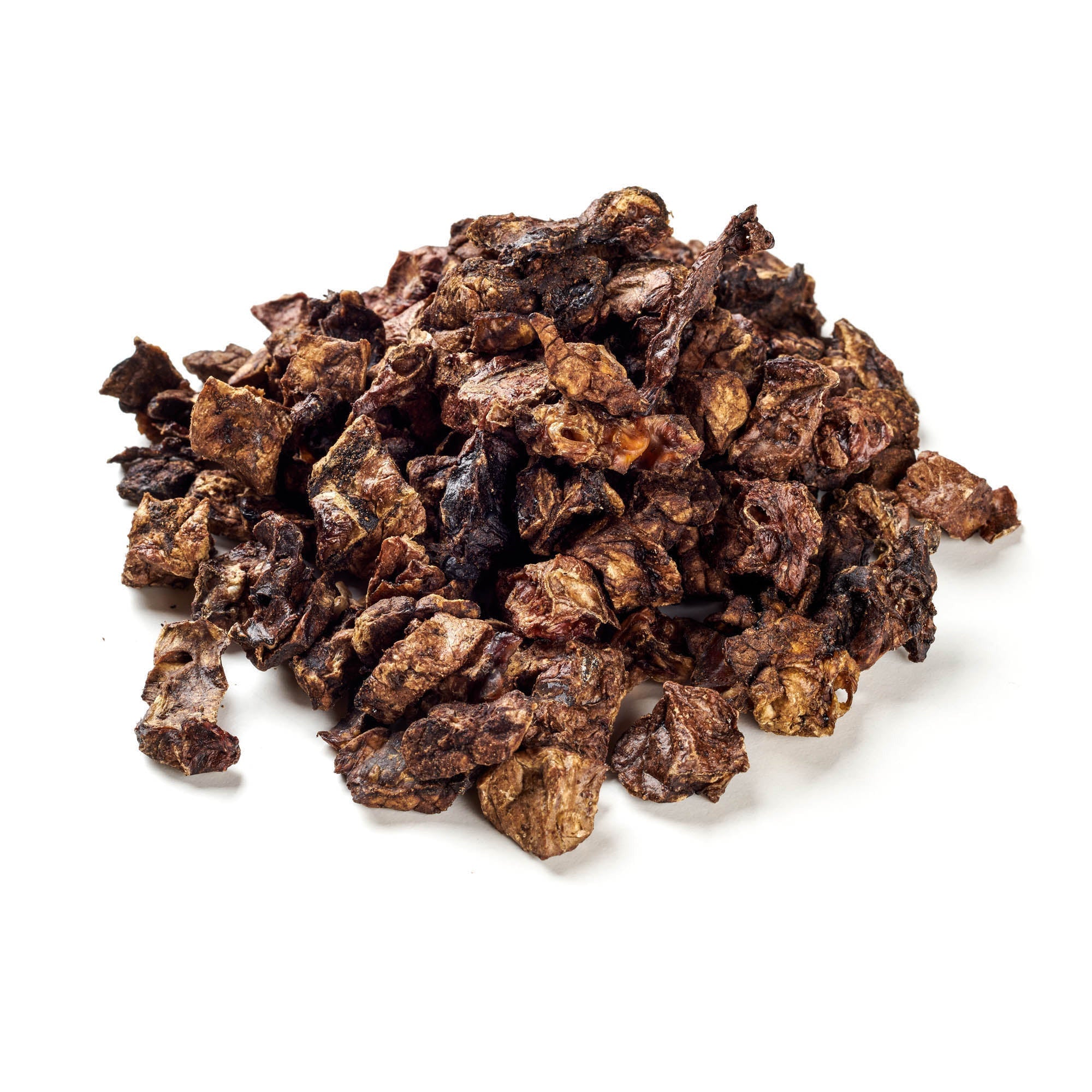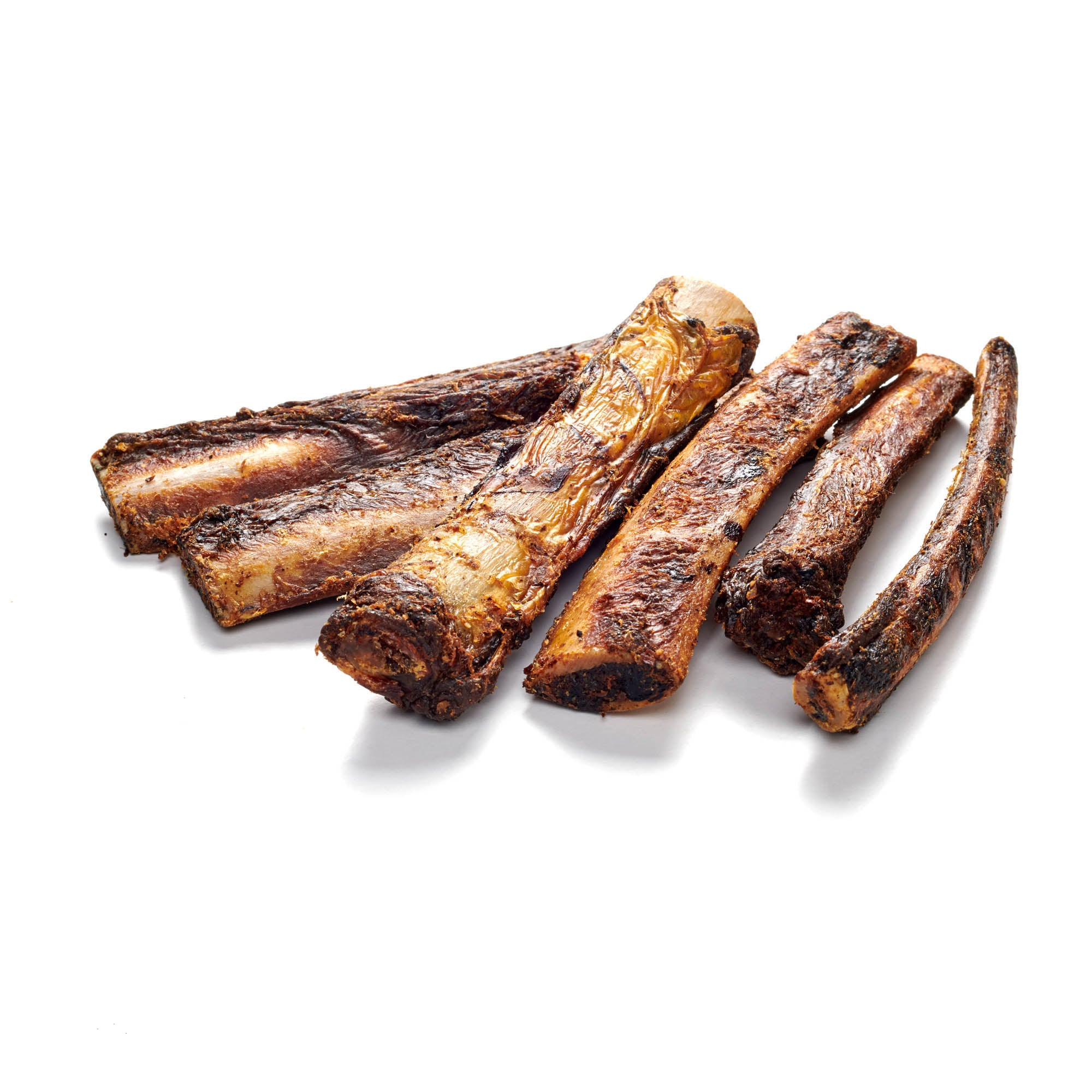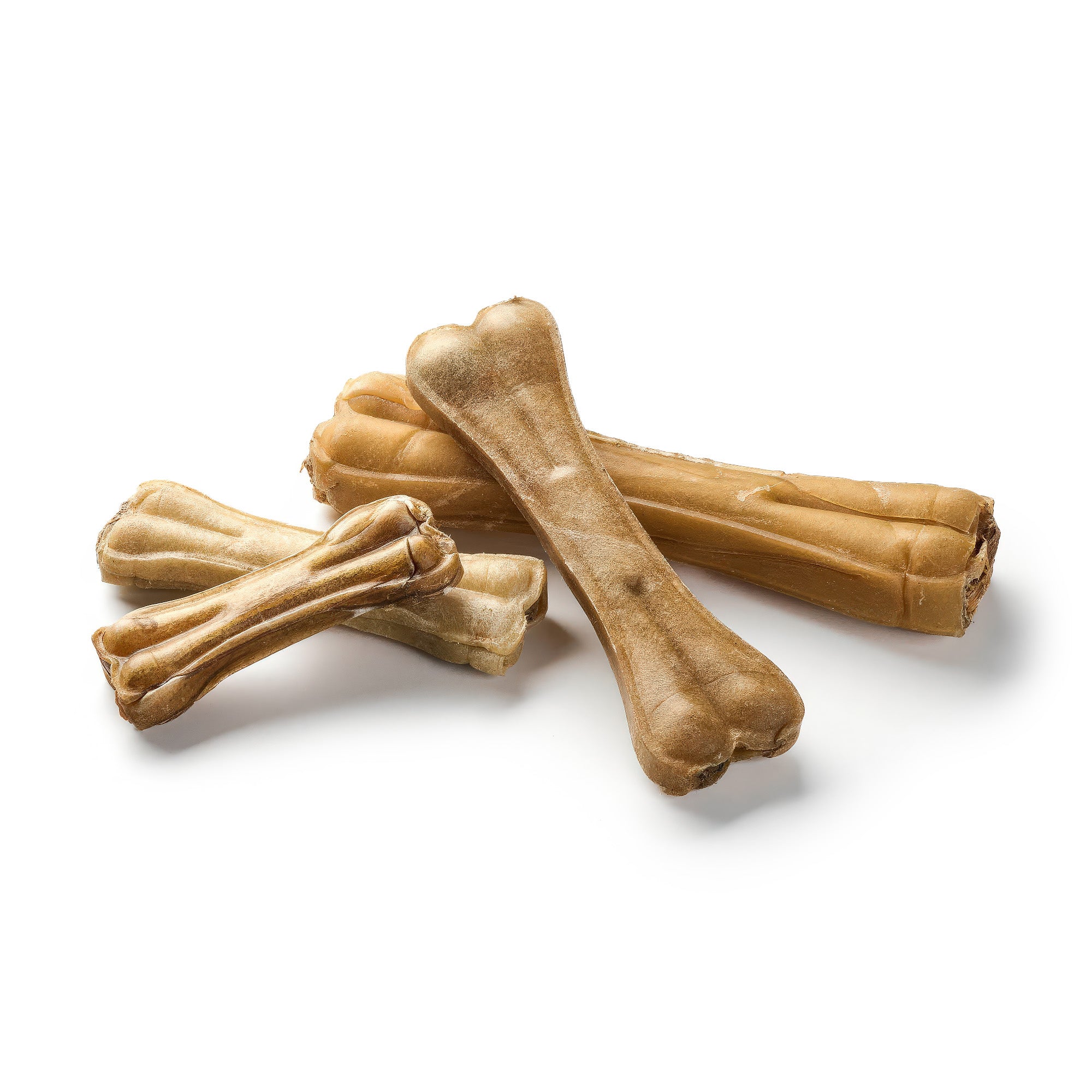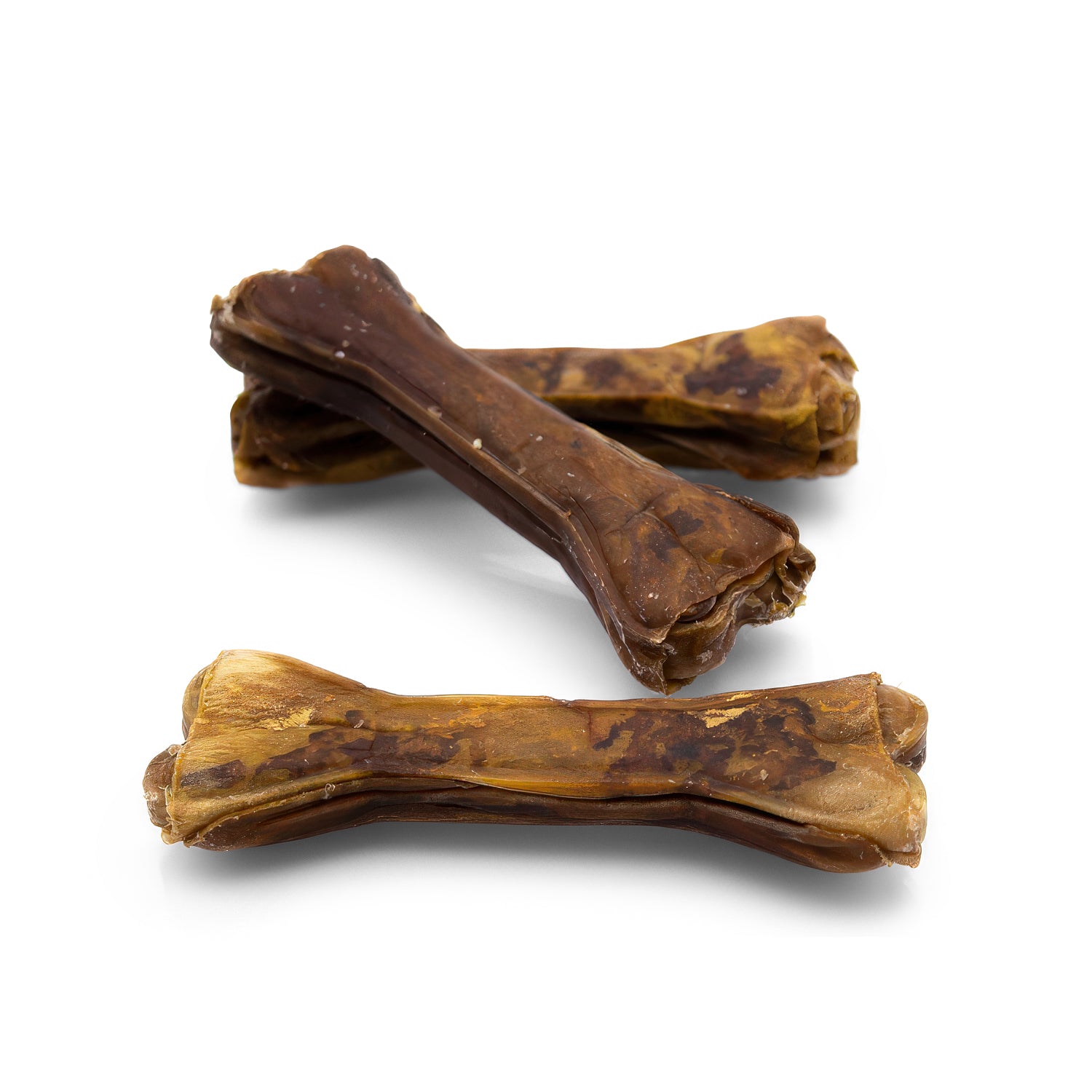
Psychological effects of dog feeding
Share
Dog feeding is more than just providing our four-legged friend with food. It has far-reaching psychological effects on both the dog and the owner. In this article, we take a detailed look at the various psychological aspects of dog feeding and how it can affect behavior and the relationship between human and animal.
Content: Psychological effects of dog feeding
- The importance of feeding time
- Bonding through feeding
- Feeding and behavioral problems
- Social aspects of feeding
- Influence of nutrition on behavior
- Food as an expression of love
- Feeding challenges
- Tips for stress-free feeding
- Conclusion
The importance of feeding time
Feeding time is an important part of a dog's daily routine. Regular feeding times provide dogs with the structure and security they need to feel comfortable. This routine helps reduce stress and anxiety because the dog knows that he will be fed at certain times and can rely on it.
Advantages of fixed feeding times
Setting a fixed feeding schedule can help to control your dog's behavior. Dogs are creatures of habit and feel safe when they have a set daily routine. This can help your dog to be less anxious and have a more balanced behavior overall. Regular feeding can also help your dog sleep better, knowing that their needs will be met reliably.
Effects on digestion
Regular feeding times also have a positive effect on the dog's digestion. The dog's body can adjust to the feeding times and process the nutrients more efficiently. Irregular feeding times, on the other hand, can lead to digestive problems such as diarrhea or constipation.
First-class dog chews for happy sniffing noses available here!
Bonding through feeding
Feeding is a central moment in a dog's day and offers a great opportunity to strengthen the bond between dog and owner. Feeding gives the owner the opportunity to show love and care to their dog. These daily interactions promote the dog's trust and affection for the owner.
Creating shared rituals
Feeding can create shared rituals and routines that strengthen the bond. For example, the dog can learn to carry out certain commands before feeding, which not only promotes obedience but also strengthens trust in the owner. Such rituals create positive expectations and strengthen the relationship.
Communication and trust
The way the owner communicates with the dog during feeding can significantly impact trust and bonding. A calm and friendly tone as well as positive reinforcement will help the dog feel safe and loved. Dogs who regularly experience positive interactions during feeding tend to be more relaxed and exhibit fewer stress-related behaviors.
Feeding and behavioral problems
Some behavioral problems in dogs can be influenced by feeding habits. For example, irregular feeding or using food as a reward for undesirable behavior can lead to problems such as aggression or begging. It is important to establish consistent and positive feeding practices to avoid such problems.
Begging and food aggression
Dogs that learn that they get food by begging or aggressive behavior quickly develop unhealthy behavior patterns. It is important to set clear boundaries and not reward undesirable behavior. Instead, the dog should learn that he will only get his dog food by behaving calmly and patiently.
Training and positive reinforcement
Food is often used as a reward in training. This can be very effective in reinforcing desired behavior. Dogs quickly learn that certain behaviors lead to positive results, which increases their motivation and commitment. However, it is important to use food responsibly and to ensure that the dog does not become overweight.
Social aspects of feeding
In households with multiple dogs, feeding can create a social dynamic. It is important to ensure that each dog gets enough food and that there is no competition. This promotes harmonious coexistence and prevents stress and conflict among the dogs.
Individual feeding places
It can be helpful to give each dog their own feeding place to avoid conflict and food jealousy . This gives each dog the opportunity to eat in peace and reduces the likelihood of food aggression. In situations with multiple dogs, it is important to consider the individual needs and behaviors of each four-legged friend in order to create a stress-free environment.
Observation and adaptation
Owners should observe their dogs' behavior during feeding and make adjustments if necessary. If one dog eats faster than the others and tends to eat their food as well, measures such as separating feeding places or using special food bowls, a so-called "anti-gulping food bowl", can help to slow down the pace.
Make your dog happy with our delicious snacks!
Influence of nutrition on behavior
The type and quality of food can also have an impact on a dog's behavior. A balanced diet that provides all the necessary nutrients contributes to the dog's overall health and well-being. Malnutrition or incorrect nutrition, on the other hand, can lead to behavioral problems such as hyperactivity or lethargy.
Nutrient deficiencies and behavioral changes
A lack of certain nutrients can lead to significant behavioral changes. For example, a lack of omega-3 fatty acids can lead to increased aggression or anxiety. A balanced diet rich in vitamins, minerals and essential fatty acids supports not only the physical health but also the psychological stability of the dog.
Food sensitivities and allergies
Some dogs are allergic to certain ingredients in their food, which can lead to physical and behavioral problems. Symptoms can include itching, gastrointestinal problems, and behavioral changes such as irritability or restlessness. It is important to recognize such sensitivities and adjust the food accordingly to ensure the dog's well-being.
Food as an expression of love
Many dog owners express their love and affection for their pet through the selection and preparation of food. This can be in the form of homemade meals such as BARF or the careful selection of high-quality dog food . This care is often noticed and appreciated by the dogs, which strengthens the emotional bond.
Homemade meals
Preparing meals for your dog can be a loving gesture that strengthens the bond. By using fresh and high-quality ingredients, the owner can ensure that the dog receives a healthy and tasty meal. In addition, preparing food can be a shared experience where the dog watches curiously and enjoys the attention.
See also: Frozen food and what you should know about it
High quality commercial feed
Carefully selecting high-quality commercial dog food also shows that the owner cares about the health and well-being of their dog. It is important to check the ingredients and choose brands that are known for their quality and transparency. A happy and healthy dog is often the result of a thoughtful nutritional choice.
See also:
Feeding challenges
Sometimes feeding can also present challenges, especially when a dog is picky or has special dietary needs. These situations require patience and creativity on the part of the owner to ensure the dog still receives a balanced and nutritious diet.
Dealing with picky eaters
Some dogs are picky eaters and won't eat everything that's offered to them. In such cases, it's important to try different foods with unusual meats like kangaroo or poultry like pheasant , and if necessary, cook them yourself, to find out what the dog prefers. It can also be helpful to limit feeding times and take the food away after a certain amount of time to encourage the dog to eat when the food is offered.
Special dietary needs
Dogs with allergies or health problems often require special diets. This can be challenging as certain ingredients must be avoided and specialty foods may be difficult to find. It is important to work closely with the veterinarian to ensure the best diet for the dog and to make sure all necessary nutrients are covered.
Chewing items as a supplement
Chews can be a useful addition to the diet of fussy dogs or those with special dietary needs. Not only do they provide a welcome change, but they also promote dental health and keep the dog occupied in a meaningful way. Especially for dogs who are fussy about regular food, chews or snacks made from different meats such as reindeer or ostrich can be an attractive option. These treats are often well tolerated and can help motivate the dog and supplement its diet. However, it is important to make sure that the chews are high quality and free from harmful additives to ensure the dog's health.
Tips for stress-free feeding
To make feeding stress-free for both dog and owner, a few simple tips can be followed:
- Stick to regular feeding times to create a routine.
- Feed in a quiet place where the dog feels safe and relaxed.
- Use high-quality, balanced foods that are tailored to your dog’s specific needs.
- Observe your dog's behavior and adjust feeding accordingly if problems arise.
- Avoid overfeeding your dog to prevent obesity and related health problems.
Conclusion
Dog feeding has far-reaching psychological effects on both the dog and the owner. By taking a conscious and loving approach to feeding, we can not only promote the health and well-being of our dog, but also strengthen the emotional bond and avoid behavioral problems. By understanding and considering the psychological aspects of dog feeding, we create a harmonious and happy relationship with our beloved four-legged friends.
Enjoy moments together with our delicious dog chews!















